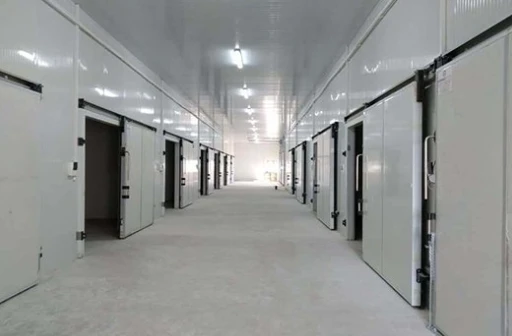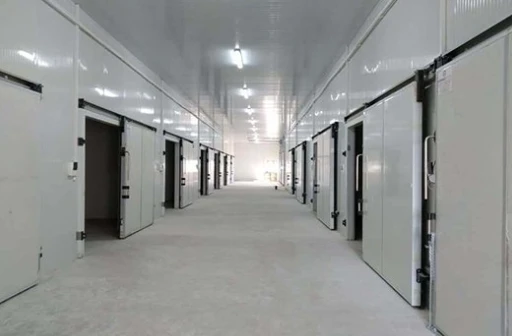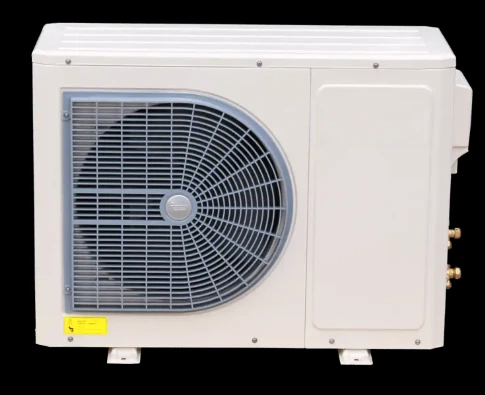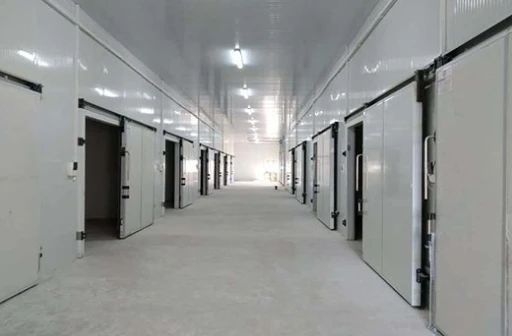Troubleshooting Common Issues in Restaurant Ice Machine
A reliable mesin és is the unsung hero of any restaurant, bar, or hospitality venue. From crafting chilled beverages to preserving perishables, these machines work tirelessly—until they don’t. For businesses purchasing restaurant ice machine , downtime isn’t just an inconvenience; it’s a profit drain. This article addresses common issues in mesin és, including specialized pellet ice machine, and offers actionable solutions to keep operations running smoothly.
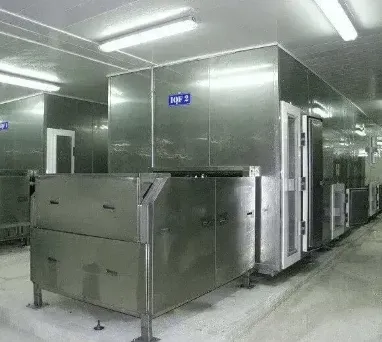
Low Ice Production in Restaurant Ice Machine
A sudden drop in ice output is a frequent complaint among restaurant ice machine owners. Causes range from clogged water filters to malfunctioning components. Start by checking the water supply: Ensure the inlet valve is fully open and the water pressure meets the manufacturer’s specifications (typically 20–80 psi). Dirty water filters are a common culprit—replace them every 6 months or as recommended.
For pellet ice machine, low production could stem from a worn-out evaporator plate or incorrect water temperature. Pellet ice requires precise cooling cycles; if the machine’s refrigerant levels are low or the compressor is failing, ice production slows. Wholesale buyers should negotiate service contracts with suppliers to preemptively address these issues across multiple units.
Water Leaks in Ice Machine: Diagnosing the Source
Water pooling around an mesin és often points to loose connections, cracked tubing, or a faulty drain pump. Inspect the water inlet valve and supply line for cracks or loose fittings. In restaurant ice machine, a clogged drain line can cause overflow—flush the drain with warm water and vinegar monthly to prevent buildup.
Pellet ice machine may leak due to a misaligned ice chute or overfilled storage bin. Ensure the bin’s sensors are functioning correctly to halt production when full. For wholesale operators managing fleets of machines, training staff to perform basic leak checks during cleaning shifts can mitigate larger repairs.
Regular maintenance, such as cleaning the ice chute and checking for any obstructions, can also prevent leaks. Additionally, using high-quality parts and components can extend the lifespan of the machine and reduce the likelihood of leaks. Implementing a robust maintenance schedule and keeping accurate records of any repairs or replacements can help identify patterns and address potential issues before they become serious problems.
Poor Ice Quality in Restaurant Ice Machine
Cloudy, misshapen, or foul-smelling ice undermines customer trust. In restaurant ice machine, this is often due to:
Mineral Buildup: Descaling the machine monthly with citric acid removes calcium and magnesium deposits.
Dirty Ice Bin: Clean the bin with food-safe sanitizer weekly to prevent bacterial growth.
Old Water Filters: Replace filters to eliminate impurities affecting ice clarity.
For pellet ice machine, soft or mushy pellets suggest inconsistent water flow or incorrect freezing temperatures. Adjust the water pressure to 40–60 psi and ensure the evaporator temperature stays between -10°C and -15°C.
Frequent Shutdowns in Ice Machine
If an mesin és cycles on and off repeatedly, overheating is likely. Check the condenser coils for dirt and ensure adequate ventilation around the unit. Pellet ice machine may shut down due to a frozen water line—thaw it with a hairdryer and insulate lines in cold environments.
Wholesale buyers should prioritize models with auto-diagnostic features. Modern restaurant ice machine alert users to specific error codes, streamlining repairs across large inventories.
These auto-diagnostic features not only save time but also minimize downtime, ensuring a continuous supply of ice for operations. Additionally, look for models that offer remote monitoring capabilities, allowing you to track the performance and maintenance needs of your ice machines from anywhere, further enhancing operational efficiency.
Frequently Asked Questions About Restaurant Mesin És
How often should I clean my restaurant ice machine?
Deep-clean restaurant ice machine every 3–6 months, depending on usage. Pellet ice machine require biweekly sanitizing due to their porous ice structure.
Can I repair a pellet ice machine myself?
Basic fixes (e.g., unclogging augers) are DIY-friendly, but motor or refrigerant issues require certified technicians. Wholesale buyers should secure service agreements for bulk units.
Why does my ice machine taste strange?
Stale-tasting ice often stems from dirty water filters or mold in the storage bin. Replace filters and sanitize the bin weekly.
Are pellet ice machine worth the higher cost?
Yes. Their chewable ice enhances beverages and reduces waste in healthcare settings. Bulk buyers benefit from volume discounts on pellet ice machine.
How can I prevent scale buildup in ice machine?
Install a water softener and use descaling agents monthly. For wholesale operations, negotiate discounted descaling solutions with suppliers.
For businesses reliant on mesin és, proactive troubleshooting is key to minimizing disruptions. By understanding common issues in restaurant ice machine and pellet ice machine, wholesale buyers can optimize uptime, reduce repair costs, and ensure seamless service across their portfolios. Investing in training, service contracts, and quality equipment pays dividends in the long run—keeping both ice and profits flowing.













































































































